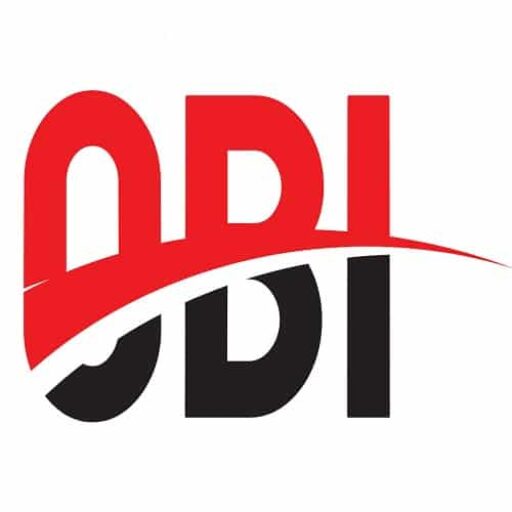Vineyard Evensong Part 6
In our discussion of the components of Vineyard Evensong we will look next at the Readings. The practice of reading the Scripture corporately has been a part of the church from its very beginning. The practice actually extends much further back than that for the people of God. The Talmud claims that the practice of reading appointed Scriptures on given days or occasions dates back to the time of Moses and began with the annual religious festivals of Passover, Pentecost, and the Feast of Tabernacles.
The early Christians adopted the Jewish custom of reading extracts from the Old Testament on the Sabbath. They soon added extracts from the writings of the Apostles and Evangelists.
The basis of this structure of worship can be traced back to Justin Martyr in his First Apology written in 155 A.D.
And on the day called Sunday, all who live in cities or in the country gather together to one place, and the memoirs of the apostles or the writings of the prophets are read, as long as time permits; then, when the reader has ceased, the president verbally instructs, and exhorts to the imitation of these good things. (Justin. The First Apology of Justin. Chapter LXVII)
Justin provides a description of worship in the early church. By 155 AD the early church is already meeting on Sundays as their primary day of worship. When they gather, the memoirs of the apostles and the writings of the prophets are read to the congregation. After the readings, a sermon is preached to encourage people to be doers of the Word and not hearers only.
The readings for each day are listed in a lectionary. A lectionary is a book that contains a collection of scripture readings appointed for Christian or Judaic worship on a given day or occasion.
Both Hebrew and Christian lectionaries have developed over the centuries. Typically, a lectionary will go through the scriptures in a logical pattern, and also include selections which were chosen by the religious community for highlighting special occasions and holy days.
Perhaps the most well known example of this type of reading from a lectionary is recorded in Luke 4:16-21, the account of Jesus preaching at the synagogue in Nazareth. The Isaiah scroll is handed to Him, and He unrolls it to the reading from the Prophets for the day, reads the lection, and then preaches on it.
Luke 4:16-21
16 He came to Nazareth, where he had been brought up. He entered, as was his custom, into the synagogue on the Sabbath day, and stood up to read. 17 The book of the prophet Isaiah was handed to him. He opened the book, and found the place where it was written, 18 “The Spirit of the Lord is on me, because he has anointed me to preach good news to the poor. He has sent me to heal the broken hearted, to proclaim release to the captives, recovering of sight to the blind, to deliver those who are crushed, 19 and to proclaim the acceptable year of the Lord.” 20 He closed the book, gave it back to the attendant, and sat down. The eyes of all in the synagogue were fastened on him. 21 He began to tell them, “Today, this Scripture has been fulfilled in your hearing.”
During our Vineyard Evensong service we use a lectionary from the 1662 Book of Common Prayer to direct our readings. For the Vineyard Daily Offices we use a Bible reading plans that in the course of a year will take you through the entire Old Testament once, the entire New Testament twice, the Book of Psalms fourteen times and the Book of Proverbs twenty-five times. The order for reading through the Psalms comes from the 1662 Book of Common Prayer. The other Bible readings are derived from a Bible Reading plan developed by Robert Murray M’Cheyne in the early 1800′s. M’Cheyne cited the following advantages to his Bible reading plan:
1. Read through the whole Bible, in an orderly manner, in one year.
2. No time wasted in selecting the day’s portion. “Often believers are at a loss to determine towards which part of the mountain of spices they should bend their steps.”
3. Something to talk with the children and friends about. Family worship can be centered on a common text.
4. The pastor and the flock on the same page. “We shall pray over the same promises, mourn over the same confessions, praise God in the same songs, and be nourished by the same words of eternal life.”
M’Cheyne also understood that this plan might be too much for some, and he gives this wonderful piece of very freeing pastoral advice:
“If this is too much Scripture, cast off the yoke and ‘feed at liberty in the sweet garden of God.’”
That is good advice! Reading the Bible should always be a joy, not a chore!

